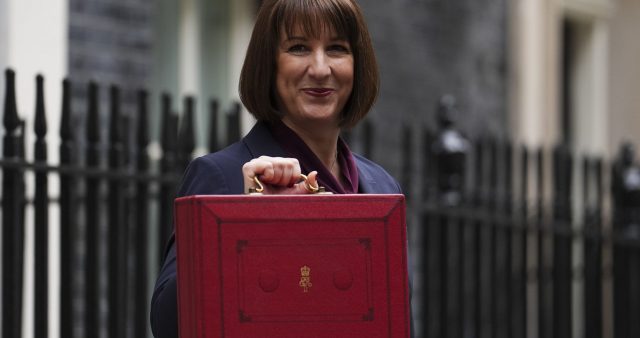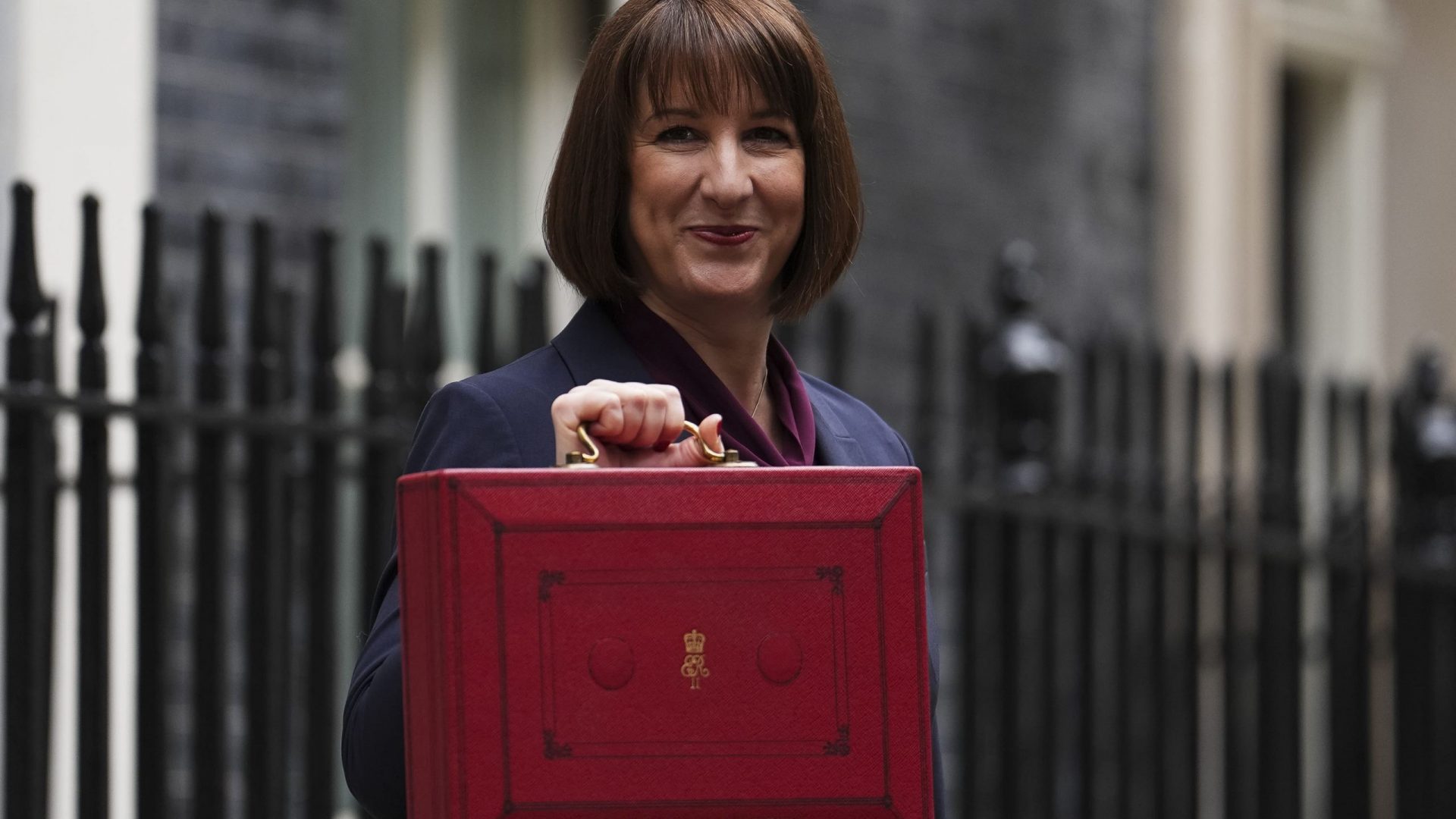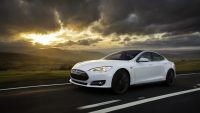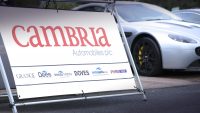Drivers of new petrol, diesel and hybrid vehicles will face far higher first year VED charges after today’s Budget – with most rates doubling.
The government has announced that it will be increasing the first year VED rates for new cars in an attempt to widen the gap between ‘higher polluting’ vehicles and EVs.
Drivers pay a first year tax rate for their new car depending on how much CO2 it emits. Currently EVs do not pay anything, cars emitting 111g-150g/km pay £220 and those emitting more than 255g/km pay £2,745 in the first year.
EV buyers are set to pay £10 for their first year’s VED rate from April – and that rate is now frozen.
All other rates will be increasing significantly with the first year charge payable on petrol, diesel and hybrid vehicles pushed up.
A Treasury spokesperson explained that means, from April next year, a new Ford Puma driver can expect a first year VED rate to rise from £220 to £440, while a Range Rover buyer will pay as much as £5,490 – up from £2,745 – for their first year.
The Expensive Car Supplement, which sees buyers of new cars costing more than £40,000 pay an additional £410 a year for the first five years, will not be extended to electric cars either.
However, the government said it may consider implementing this rate for EVs at a future ‘fiscal event’.
Chancellor Rachel Reeves told MPs in her Budget statement: ‘To help drive the transition to electric vehicles the government is strengthening incentives to purchase EVs by widening the differentials in Vehicle Excise Duty First Year Rates between EVs and hybrids or internal combustion engine cars.
‘The government is also maintaining EV incentives in the Company Car Tax regime and extending 100% First Year Allowances for zero emission cars and EV charge points for a further year.’
SMMT chief executive Mike Hawes said he was disappointed the government did not go further and offer any real help to EV buyers.
He said: ‘The lack of substantive measures to support the new car market – in particular for electrified vehicles – is hugely disappointing.
‘We welcome the extension of the Plug-in Van Grant and company car tax benefits, but these alone cannot drive the growth in demand needed.
‘With the sector challenged to deliver the world’s most ambitious EV transition targets, achievement of those targets is in serious doubt.
‘There must be an urgent review of the market and regulation, else the cost will soon be felt in reduced UK investment, economic growth and jobs.’
James Court, CEO of Electric Vehicle Association England, added: ‘It is great to see the Chancellor backing electric vehicles in her Budget, with both an extension to the company car tax and changes to VED.’
While Edmund Kind, AA president, said: ‘The AA also welcomes continued incentives for EV drivers via an extension of the company car benefit in kind incentives for EVs to 2028 and increased differentials in vehicle excise duty for EVs. This will give incentives to go green.’
The chancellor also said the 5p cut to fuel duty will be kept into next year. Reeves said it would be the ‘wrong choice’ to increase it. She said keeping the cut and freezing it again will cost £3 billion.
- Weekly Briefing: Read our editor’s take on the news
- Join our breaking news WhatsApp group
- Sign up for daily email Car Dealer news bulletins
- Listen to the latest Car Dealer Podcast
- Read the latest digital issue of Car Dealer Magazine
The post Budget: First year tax rates for petrol, diesel and hybrids will DOUBLE – but EV rates to remain the same appeared first on Car Dealer Magazine.
















